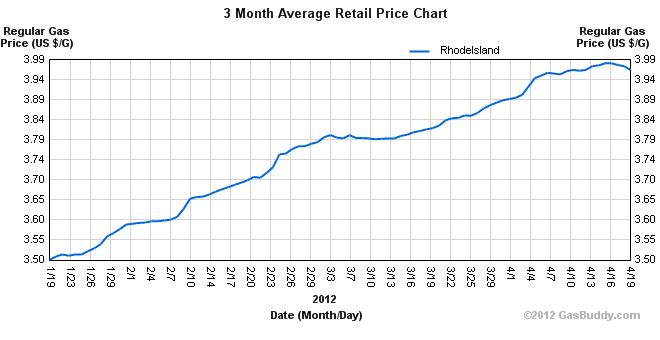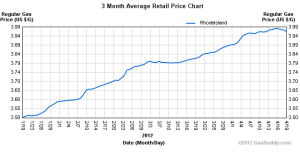 Senator Sheldon Whitehouse was wrong to suggest the so-called “larger environmental community” isn’t disappointed that the climate champion of Congress is supporting a fossil fuel power plant in Burrillville, Rhode Island.
Senator Sheldon Whitehouse was wrong to suggest the so-called “larger environmental community” isn’t disappointed that the climate champion of Congress is supporting a fossil fuel power plant in Burrillville, Rhode Island.
That’s the opinion of the Environment Council of Rhode Island, a coalition of 62 different groups that protect the environment in the Ocean State.
“While ECRI has deep respect for Senator Whitehouse’s work in the U.S. Senate to address climate change,” the group said in a prepared statement sent widely to local media. “ECRI regrets that in his Jauary 22 interview Senator Whitehouse misrepresented the views of Rhode Island’s environmental community.”
In an interview with WPRI’s Ted Nesi, Whitehouse said the “larger environmental community” understands why he supports a methane gas-fueled power plant in Rhode Island, which he says would help lower energy prices in the Northeast.
“There’s a small group of people who would like to have me change my position,” Whitehouse told Nesi. “From the larger environmental movement – the Save the Bays and the League of Conservation Voters and the Nature Conservancies and all that – there’s no blowback whatsoever. They understand the difference between the national and the local concern.”
Said the Environment Council of Rhode Island today: “To be clear: ECRI strongly opposes the proposal to build a new, long-lived fossil-fuel plant in Rhode Island, because building this plant would make it impossible for the state to meet its short-, medium-, and long-term goals for carbon-emission reductions.”
On September 14, ECRI, of which the Nature Conservancy is a member, took an official position on the Burrillville proposal:
Climate change is the most urgent problem facing Rhode Island and, indeed, the world. One of the major causes of climate change is the burning of fossil fuels, like coal, oil and natural gas, to make energy. In this context, the Environment Council of Rhode Island (ECRI) strongly opposes the proposal to build a new, long-lived natural gas fueled electricity generator in Burrillville. ECRI supports the quickest transition to clean, renewable energy and greater energy efficiency; this is not the time to be building new fossil fuel-fired power plants.
Steve Ahlquist reported subsequent to the WPRI interview that Save The Bay and the League of Conservation Voters had no position on the proposed methane power plant. He wrote, “Given that two of the three groups that Whitehouse named have no position on the project, and the third group, “the Nature Conservancies and all that” doesn’t specify any particular agency, it appears that Whitehouse’s answer was intended to minimize the importance of local opposition to the power plant, not honestly appraise the support for natural gas infrastructure expansion that exists in the wider environmental community.”
The proposed gas-fueled power plant in Burrillville has exposed a rift between local environmental activists and the elected Democrats they often support. Governor Gina Raimondo was an early and ardent supporter of the project. Whitehouse was more measured. In August, his office told WPRI he was “still reviewing the details of the proposed power plant.”
The proposed power plant opposition has been led by grassroots activists, some of whom associate with a group called FANG or Fighting Against Natural Gas.


